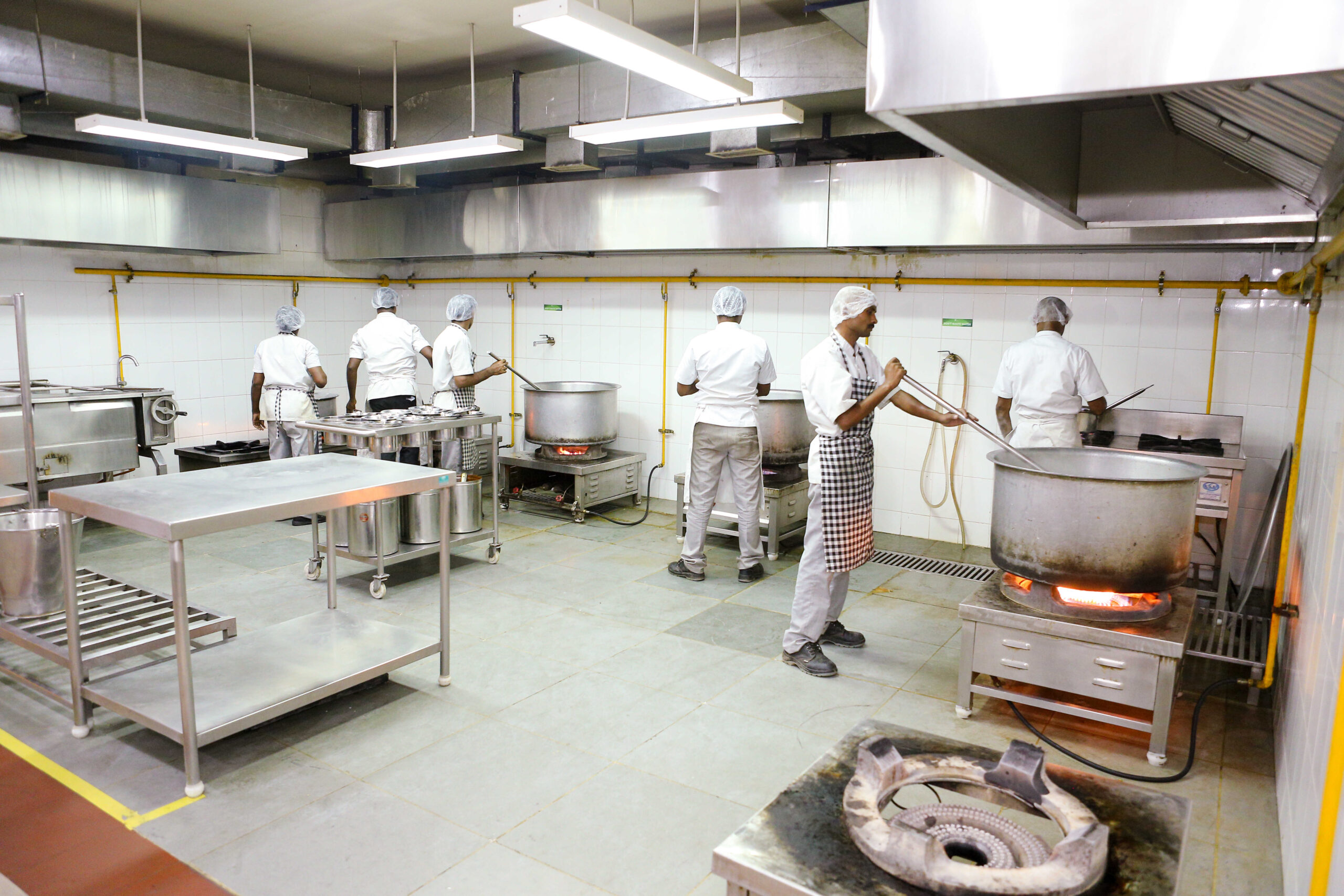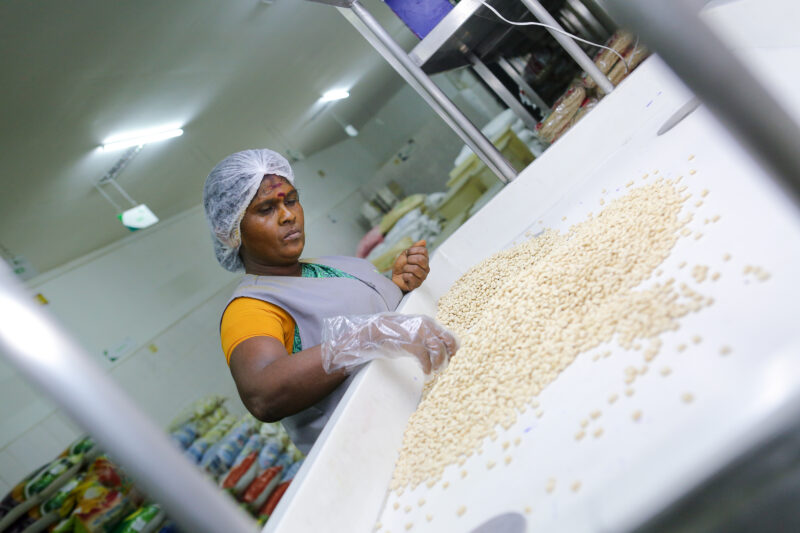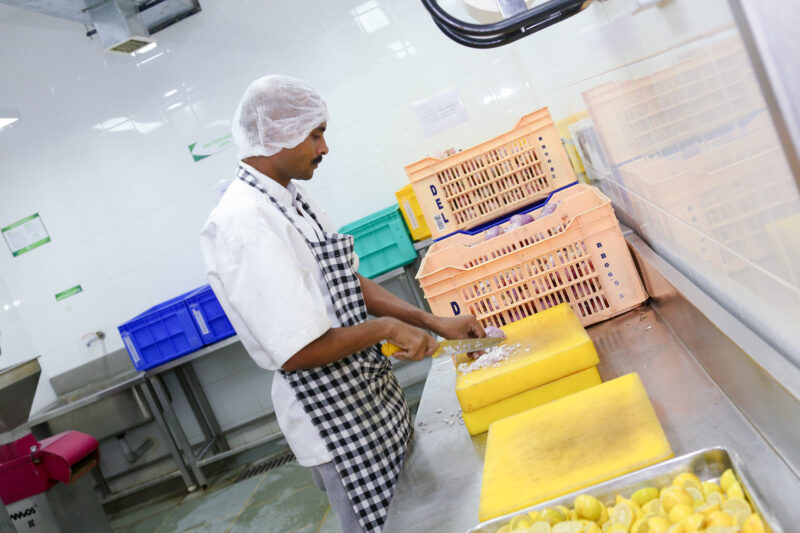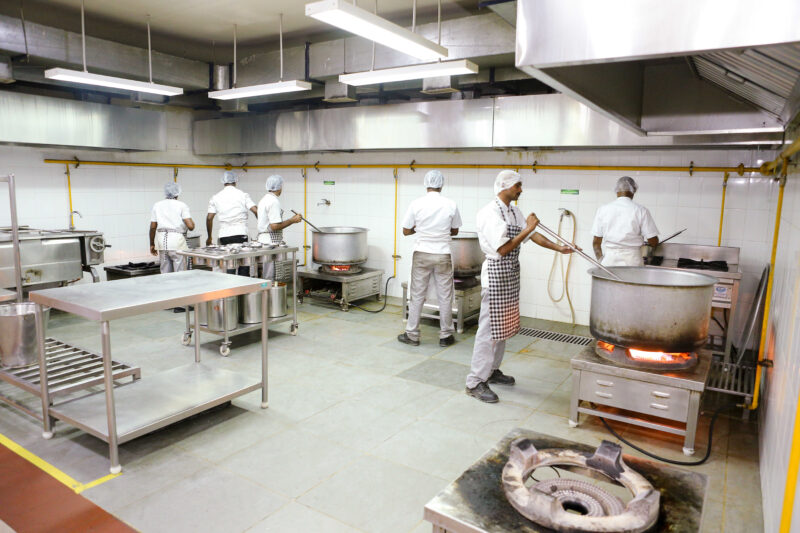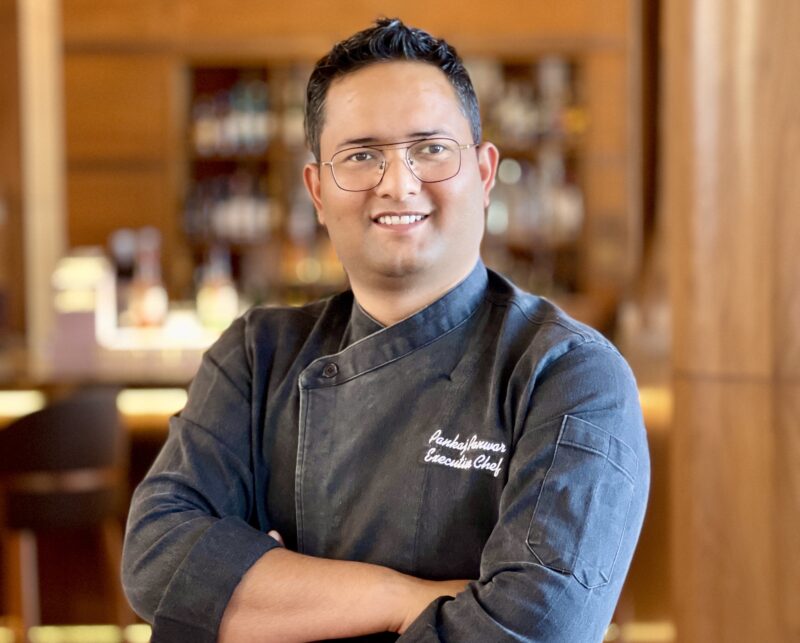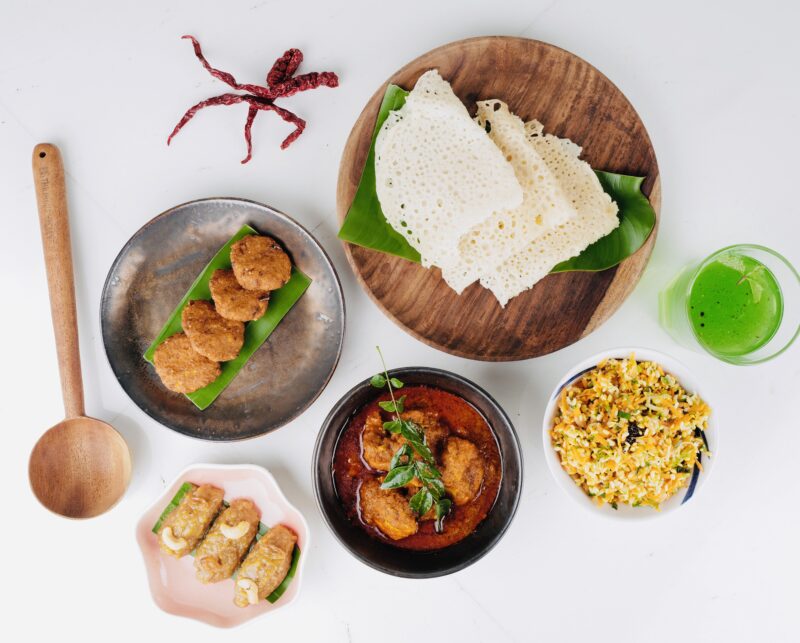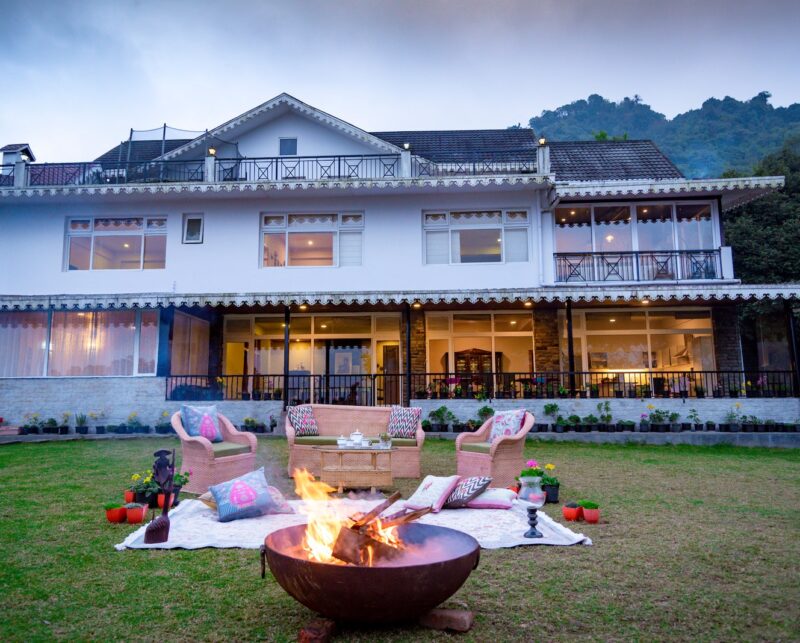Sanjay Kumar, Rassence
As the promoter and CEO of Rassense, my journey into the contract catering business has
been quite the ride, shaped by my background in mergers and acquisitions and leadership
roles in various industries.
It all started when I was the CEO of Altran India. I had a conversation with Elior’s CEO bringing
their contract catering business to India. I pitched a plan to make Elior a $100 million
company in the Indian market within five years, and they loved the idea. After presenting to
their board in Paris, we moved forward, acquiring two companies to establish Elior in India. I
was literally working from my residence at the time, and there was this ongoing joke that my
office was basically a table at the Mercure Hotel next to my house. But, despite the humble
beginnings, the acquisitions worked well, and Elior became the third-largest player in India
before COVID-19 hit.
When Elior decided to exit India after the pandemic, I took it as a sign to explore other
avenues. I briefly invested in a gaming company, but when that didn’t scale the way we
hoped, the idea of re-entering the food business started taking shape. With my experience in
M&A, I structured a leveraged buyout and founded Rassense Private Limited, acquiring and
restructuring CRCL’s business. That’s how I found myself back in the contract catering
industry, ready for this next chapter.
One of the primary obstacles I encountered was the lack of enthusiasm among private equity
firms for investing in the contract catering industry. Despite my efforts, I was only able to
secure one potential investor. The reasons for this hesitation were unclear, but factors such
as the industry's perceived low margins and the recent exit of a multinational competitor may
have played a role.
After a year of unsuccessful fundraising, I decided to abandon the equity route and pursue
debt financing. Given my reluctance to mortgage personal assets, I faced higher interest rates
when exploring structured debt from Alternative Investment Funds (AIFs) in India. To make
an informed decision, I conducted a thorough analysis of the company's cash flow projections
for the next five years to determine the optimal debt level.
So, one had to make a very calculated call and a very deep dive into the cash flows for the
next five years to decide what level of debt the books could afford. Hence, I steered away
from equity, made this compromise, and took high-cost debt, but since then, it seems to have
paid dividends, and our business seems to be doing well.
Our company's unique strengths can be summed up with the acronym MAGS (Millennials, AI,
Gender Diversity and Shareholders), which reflects the innovation and forward-thinking
embedded in our operations. Unlike other contract catering enterprises, we are led by a
younger, dynamic executive committee where 60% are millennials. This fosters energy, fresh
perspectives, and an elevated capacity for risk-taking. In addition to our youthful leadership,
we prioritise the integration of technology at every level of our operations, setting us apart
from the competition.
For example, we leverage digital tools in our supply chain management to track materials and
rejections in real-time, using reverse options to optimise efficiency. We also embrace robotic
process automation for managing our ERP and IoT technology to streamline waste
management. Even our internal processes, such as expense management, are digitised and
integrated into our ERP for greater transparency and productivity.
Personally, I manage a ₹500-crore business without admin or secretarial support, thanks to
advanced AI tools like Fred, an AI assistant by Fireflies, which enhances team coordination
and agility. Our AI-driven approach is also applied to site mobilisations and new projects,
which has earned significant appreciation from our clients. We are also the only company in
India where 50% of our executive committee has received AI leadership training from the
Indian School of Business, allowing us to incorporate AI across finance, supply chain,
operations, and strategy.
Our focus on gender diversity is another area where we lead the industry. With 26% of our
4,200-strong workforce being women, from top to bottom, we far exceed the industry
average. However, diversity for us isn't just about numbers—it’s about true inclusivity. We
allow our teams to communicate in the languages they are most comfortable with, whether
it's Tamil, Marathi, Hindi, or any other language. We utilise translation services to ensure
everyone can express themselves without the constraints of English, avoiding the Anglo-
Saxon bias prevalent in the industry. This approach has been lauded as one of the most
inclusive policies our employees have ever experienced.
Finally, in a pioneering move for the food services industry, we have implemented
shareholding dilution in favour of our employees. Currently, 80% of our executive committee
are shareholders, and we’ve extended this ownership model beyond the executive level to
those with high potential for growth. This unique model has created a sense of ownership
and commitment across the organisation, a significant factor in our ability to grow and thrive
in an industry that often stagnates around the ₹200 to ₹250 crore mark. Our success—having
crossed 400 crores in revenue—is testament to the talent and belief in our ability to deliver
superior solutions to clients, which include giants like Maruti Suzuki, Tata Motors, and Ashok
Leyland, all of whom consider us their trusted partners.
In summary, our distinguishing features—youthful leadership, technological integration,
inclusivity, gender diversity, and an employee ownership model—drive our success and set us
apart from others in the industry.
. Maruti Suzuki is one of our top units because it's the largest in India and, extremely complex
as an operation; we value that. The complexity includes the fact that the plant runs to full
capacity with a very tight Japanese model of production. So that makes it very interesting.
Just to give you an example, every day we must produce 12,000 or 15,000 meals. And even if
a single banana does not meet the quality specs, it can create shop floor disruptions. And our
job is not just to provide good food, but to ensure that there are no shop floor disruptions.
Similarly, a client like Ashok Leyland, where we know there are multiple sites, which we have
been doing for over ten years, is another example of a great partnership, of constantly
meeting, ensuring that there is a diversity in cuisine. Because in South India, you have labour
from the north. So, the expectations of the menu are different which makes it very
interesting and challenging. We manage multiple expectations and build menus that can cater
to both regional requirements as well as wider managerial requirements. A Few interesting
ones are IIT Chennai and VIT Bhopal, which is a segment where the expectations are very
different; even though consumption patterns may be lower, the desire for change in the
menu is very high.
And there too, we do a great job in terms of ensuring consistency in the offer. And we see
that through the fact that institutions trust us to deliver a better solution. So, these are a few
just to mention, there are many more. And it's impossible for a company that produces
300,000 meals a day to list out every single site and where the key is, where the joys are.
There are some sites where there is a very high percentage of women employees. So there,
what we like is that the food is to be more healthy, per unit consumption is lower. So, the
taste factor overtakes it and the speed of execution also becomes a key driver of success.
The plans of Rassense Pvt Ltd
As the MD and Promoter CEO of Rassense Pvt Ltd, I'm excited about our ambitious goals for
the future. We aim to establish Rassense as India's premier domestically owned food service
company, proving that a professionally managed Indian enterprise can compete effectively
with multinational corporations.
To achieve this, we're committed to innovation and technology adoption. By working closely
with our clients, we'll increase our enterprise value and generate significant wealth for our
employees and shareholder-employees. This focus positions Rassense as a desirable
employer and sets us on a path to become the first Indian food service company recognised
for creating substantial wealth beyond just salaries.
I'm confident that we'll surpass the ₹500 crore revenue mark in the next fiscal year, despite
the challenging regulatory landscape, low margins, and lack of additional business verticals.
This growth is a testament to our dedication and strategic approach.
Another key objective is to bridge the gap between farm produce organisations (FPOs) and
our supply chain. By strengthening these connections, we'll ensure a more efficient
procurement process and access to higher-quality ingredients, ultimately enhancing the food
we serve to our clients.
Looking ahead, we're determined to maintain our leadership position by providing
exceptional client experiences and leveraging our unique understanding of Indian culinary
preferences. Our pioneering employee engagement initiatives, including our employee
ownership program and language-based inclusivity efforts, will be instrumental in attracting
and retaining top talent as we continue to grow and expand.
ABOUT THE AUTHOR
Sanjay Kumar started his career with Marico and then was with Eureka Forbes before
joining Shell where he spent over 18 years in different roles across India and the rest of
the world. He was then selected as the CEO of Altran Technologies in India, part of the
world’s largest engineering consulting firm. During his tenure there he grew the business
to over 2600 engineers in 5 years while turning around the then loss making entity into
one of the most profitable in the Altran Group. Following this success, Sanjay
conceptualised and led the entry of Elior Group into India. Sanjay then moved on to start
his entrepreneurial journey to promote Gamestacy Private Limited in the mobile gaming
space by drawing on his technology experience in Altran and his professional
entrepreneur journey in Elior. Gamestacy went on to be selected as one of the 30
companies globally to be in the Google Accelerator Program however, despite these
achievements, the venture failed.
Undeterred by this failure, Sanjay launched his next venture, Rassense Private Limited,
in the food service space and undertook a LBO of CRCL LLP through a cash cum equity
deal with funding from Spark Capital AIF. Rassense Private Limited has now divested
ownership interest in its executive committee and emerged as India’s largest food
service company.


